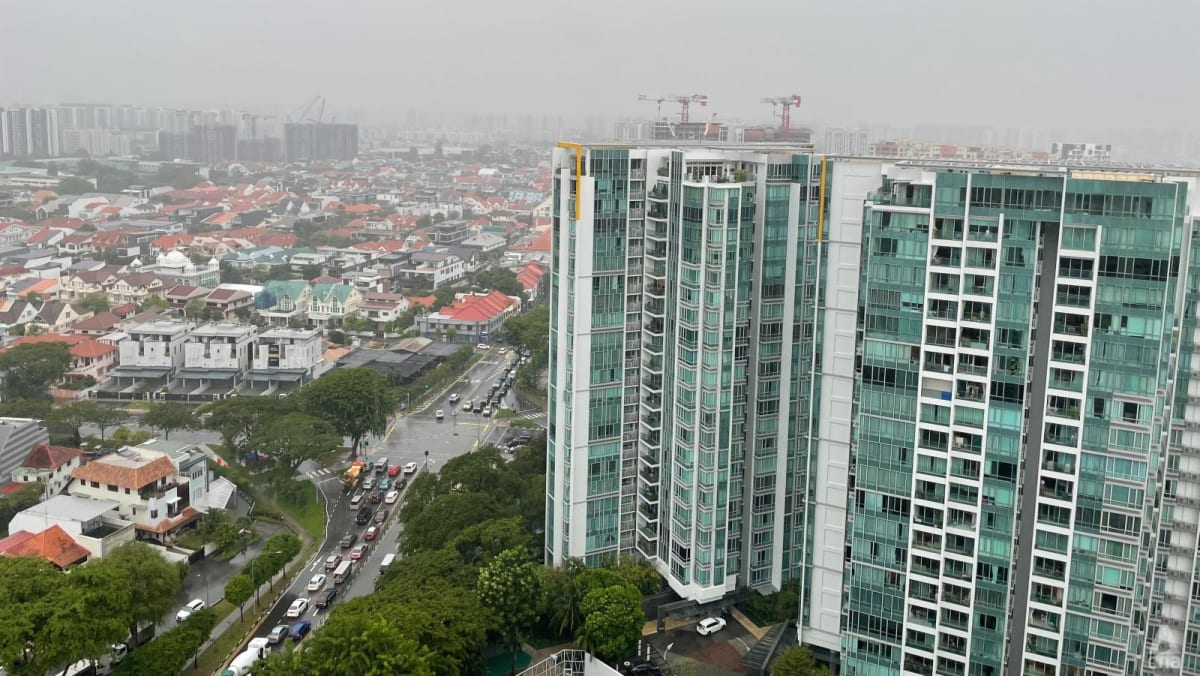TIDYING UP LOOSE ENDS
The gaps in the telemedicine sector could be addressed through either government regulations or internal checks and audits, said doctors and telemedicine players.
Dr Lua, for instance, said it may be beneficial for the authorities to set a minimum clinical experience requirement for telemedicine providers.
“Experienced clinicians are better equipped to interpret subtle visual cues and provide safe, effective care remotely,” he said.
Presently, MOH requires doctors to undergo mandatory telemedicine e-training in order to deliver these services, which according to some doctors can be completed over a few days.
Dr Lua believes this is a good move that can be further improved with regular re-accreditation exercises, so doctors remain familiar with the appropriate protocols.
Dr Tan of DTAP Clinic also suggested putting a limit on the number of teleconsultations a patient can book within a certain timeframe to prevent patients from using it to obtain MCs.
However, in response to parliamentary questions on Monday (Nov 11), Health Minister Ong Ye Kung said he doesn’t think there is a need to review guidelines to specifically address concerns that may arise from telemedicine.
Current standards remain valid and enforcement has been effective, he said.
Mr Ong added that there tends to be a “temptation” to step up audits, enforcement and regulation, but such a response might prevent the nation from being able to seize the opportunities that new technologies can present.
He also pointed out that regulatory frameworks “cannot eradicate offences”.
Meanwhile, some telemedicine players told CNA TODAY that they have already implemented measures to prevent abuse of the system.
Telemedicine providers Doctor Anywhere and Fullerton Health, for instance, have in place vetting processes for their doctors. They are required to declare their telemedicine experience and show proof that they have completed the mandatory MOH telemedicine e-training.
Doctor Anywhere’s director of medical affairs Andrew Fang said its clinic’s approved doctors then undergo a structured onboarding programme that includes mandatory face-to-face training, followed by a probation period and regular training to reinforce ethical and clinical guidelines.
Senior medical director of WhiteCoat Global, Dr Tan Ming Wei, said its platforms include a “tech-driven red flags system” where patients with a history of trying to obtain MCs over a short span of time are flagged to doctors’ attention.
Ultimately, some doctors like Dr Jonathan Ti, the principal medical advisor for sexual telehealth platform Quinn, believe that the buck stops with healthcare professionals themselves when it comes to preventing the abuse of telemedicine services.
“The greatest safeguard against the shortcomings of teleconsultation services would be having well-trained, ethically sound doctors who can provide reasoned and appropriate assessment and management,” he said.
While the MaNaDr episode may create a sense of doubt and public distrust for some of these private telemedicine services, it is not all bad news, said Mr de Silva of DKSH.
“Through this incident, the Singapore government has shown that they are playing an active role in mitigating the prevention of such incidents from repeating itself.”
THE LIMITLESS FUTURE OF TELEMEDICINE
At present, telemedicine often feels no different from a simple phone call to a friend.
However, advancements in technology are set to push telemedicine beyond its current limits, even bringing it closer to the realm of science fiction.
In October 2023, clinician-scientists from National University Hospital (NUH) and the Yong Loo Lin School of Medicine at the National University of Singapore (NUS Medicine) conducted a trial to perform a gastrectomy, or stomach surgery, remotely.
While the simulated organ was located in Nagoya, Japan, the surgeons who performed the operation did so from a “surgical cockpit” at the Advanced Surgery Training Centre at NUH.
Instead of the surgeon’s hands, a pair of robotic arms performed the procedure, cutting and executing intricate incisions and excisions.
This was made possible via a dedicated international fibre-optic network that transmitted, directed and replicated the movements of the surgeons in Singapore.













